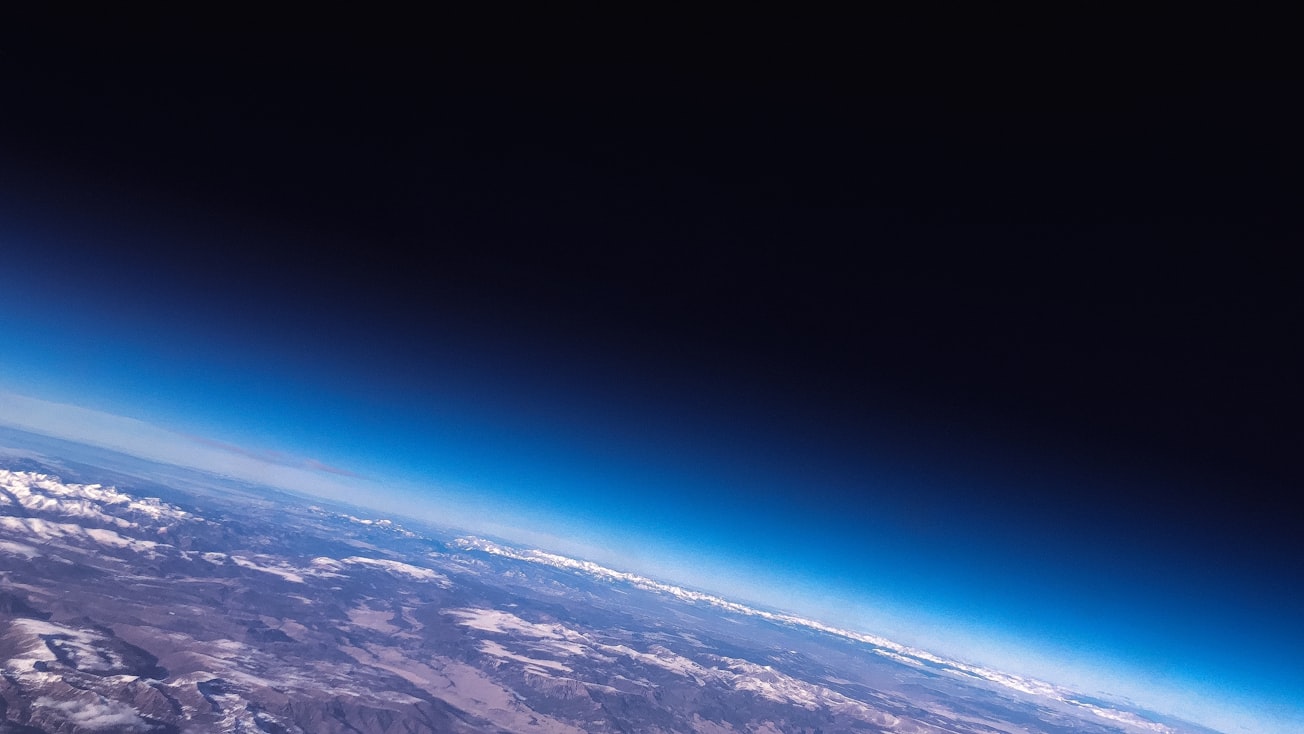What is it about?
The objective of this research is to use the Linear Covariance theory to investigate the feasibility and sensor requirements for an autonomous orbit determination using advanced accelerometer measurements and onboard gravity field maps, for different sensor and orbit configurations.
Featured Image

Photo by ActionVance on Unsplash
Why is it important?
Sensitivity Analysis of Precision Inertial Sensor based Navigation System (SAPIENS) is a study to investigate the feasibility and requirements for an autonomous navigation that can potentially apply to all flight regimes. For any space mission, navigation relies primarily on external aids such as the Global Positioning Systems (GPS), the Tracking and Data Relay Satellite (TDRSS), or the Deep Space Network (DSN). These traditional space navigation techniques limit the range of space exploration capability, and require specialized communication and ground-based navigation systems to achieve acceptable levels of spaceflight safety. These additional systems not only require precious onboard resources, but are also subject to failures that can increase the risk of the Loss of Crew or Loss of Vehicle condition. For next generation space navigation, there is a need to relieve the traditional navigation techniques by implementing autonomous navigation system onboard and thus reduce the risk level of Loss of Crew or Loss of Vehicle condition.
Perspectives
This study builds upon the preliminary results obtained during the observability analysis of the navigation system, with simpler environment model. The aim is to explore the viability of using pairs of advanced accelerometers and onboard gravity field maps to autonomously determine orbital position and velocity for LEO regime. This study will evaluate the role of advanced accelerometers, used in recent gravity-mapping missions like GRACE-FO (Gravity Recovery and Climate Experiment - Follow On) and GOCE (Gravity Field and Steady-State Ocean Circulation Explorer), in developing and executing autonomous orbital navigation for different sensor and orbit configurations. Future autonomous orbital navigation architectures need to be suitable and reliable for varying space environments. The navigation approach addressed in this study has the potential to satisfy these requirements. Considering the universal nature of gravity, this approach provides a generic solution for autonomous navigation in almost all types of space environment.
Rachit Bhatia
SRM Group of Educational Institutions
Read the Original
This page is a summary of: Sensitivity Analysis of Precision Inertial Sensor‐based Navigation System (SAPIENS), NAVIGATION Journal of the Institute of Navigation, October 2020, Institute of Navigation,
DOI: 10.1002/navi.397.
You can read the full text:
Resources
Contributors
The following have contributed to this page










